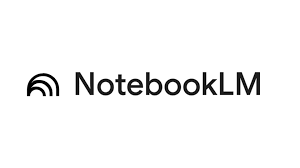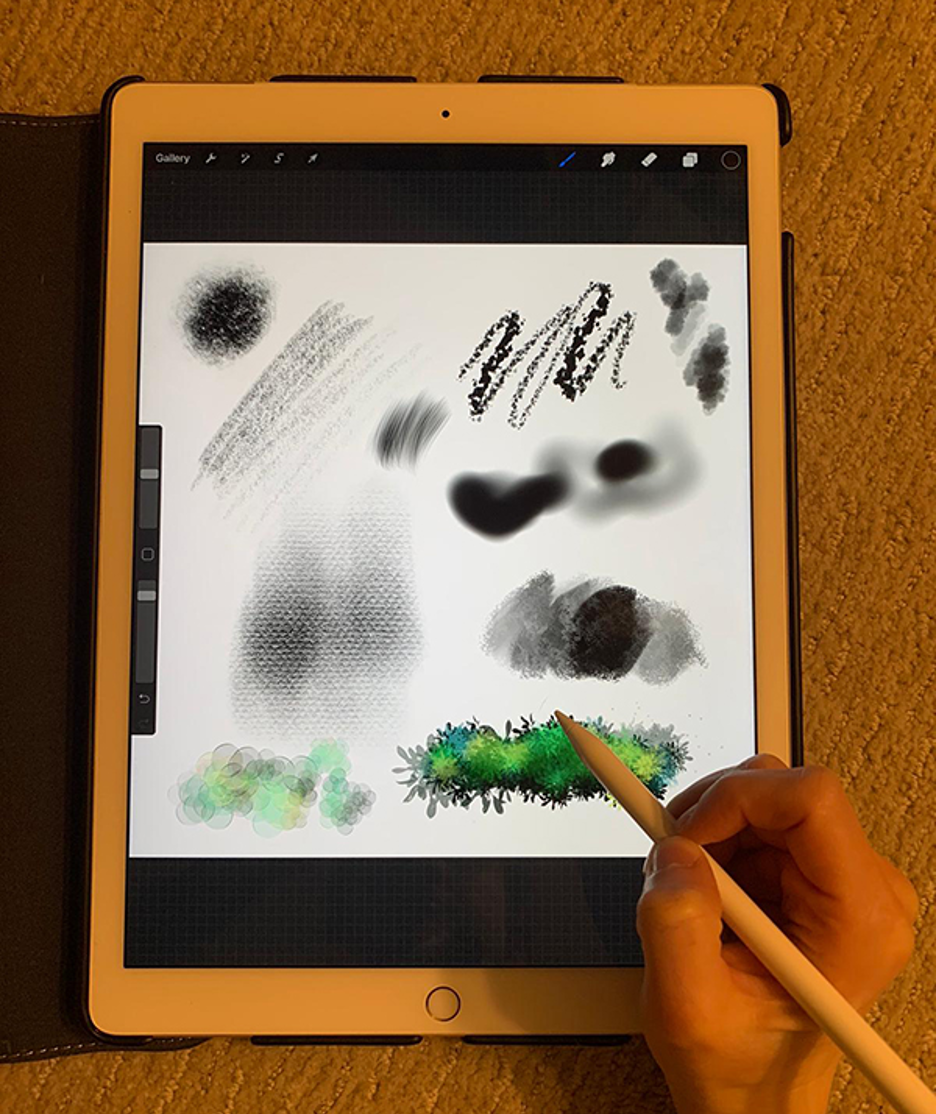For more than four years, "Libby vs. Hoopla: Reader App Comparison" has been one of the most popular reviews on our platform. As both Libby and Hoopla continue to update and expand their offerings, we wanted to revisit this topic and see how these two apps stack up in 2025.
Discord Review
Discord is a popular free-to-use browser app and software that gives users the ability to write, make voice or video conversations, and share their screen. The app provides users and their teams with the necessary real-time communication if they want to stay in sync when competing in esports, watching a movie, or video conferencing. This review dives into the pros and cons, and explains some of the basic and premium features of Discord.
#SelfCare: A Nontraditional App for Managing Stress
#SelfCare is an application designed with a gamification approach to self-care. It was named one of Apple’s best self-care apps of 2018, when self-care was also named one of Apple’s top trends. Unlike most apps, #SelfCare has no advertisements, does not ask for a subscription when signing up, and sends out few notifications, which can also be turned off easily. It is difficult to obtain the number of downloads from the App Store, but as of 2019, it had more than two million downloads. This review looks at the application in a post-pandemic context wherein being alone is the new norm, at least for the time being.
Using Procreate for Digital Art
Procreate, launched in 2011, is a digital drawing software that can be used on an iPad. It offers hundreds of brushes, filters, supports files with many layers, and has a very simple design interface. This review will go into the details about Procreate to give you better insight on what sets it apart from other digital drawing software.
Goodreads vs. BookSloth: Reading Tracker App Comparison
Libby vs. Hoopla: Reader App Comparison
Amadeus Code: Brave New World of A.I. Music Generation
Japanese startup Amadeus Code, an “artificial intelligence-powered songwriting assistant,” is the latest app that is riding the wave of A.I. art-generation. The algorithm scans a diverse database of popular music from the past 500 centuries (in theory - the earliest song this reviewer discovered was Schubert’s “Ave Maria” from 1825) and allows the user to specify the note range and length, drama, familiarity, and era. The app then creates a unique instrumental harmony based on these specifications, drawing inspiration from songs that have similar characteristics.













